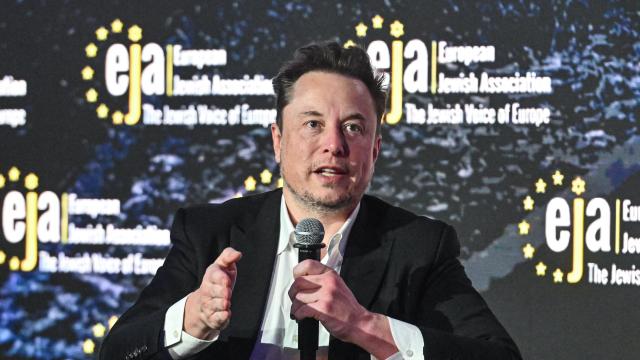Elon Musk says the first person has received a neural implant from his controversial brain chip startup Neuralink. Musk revealed the information in a tweet posted on his social media platform, X (formerly Twitter). The tweet reads merely:
For months, the company has been looking for a candidate to undergo its experimental surgery, the point of which is to install a tiny computer chip into the top layer of the person’s skull. Once installed, the chip is supposed to provide a number of health and scientific benefits, including an ability to measure brain activity and to give people with physical or mental disabilities newfound capabilities.
The company has said that this first operation was designed as part of a trial to test the safety and effectiveness of the implant as well as the medical procedure that installs it. From Musk’s tweet, I suppose we can assume that Neuralink not only found a suitable candidate but successfully implanted them with the company’s brain chip.
To integrate Neuralink’s chip, a human surgeon is tasked with cutting a small hole into the patient’s skull, after which a 7-foot-tall robot named “R1″ is responsible for carrying out the “ultra delicate” procedure of suturing the electrified wires of the company’s implant directly into the person’s brain. If the surgery is successful, the company’s hardware is designed to rest in the portion of the patient’s skull that was removed, right below the scalp, while its tiny wires carry data back and forth between the brain and the weird startup’s servers.
The identity of the patient who underwent the surgery is unknown. Neuralink has said that it initially wants to focus on providing solutions for individuals with mental and physical maladies, and that it intends to initially carry out procedures on quadriplegics. Some experts contend that the technology could have benefits for people suffering from disabilities. Eventually, the company wants to pivot to creating new forms of cybernetic “enhancements” for everyday people—what Musk has referred to as transhumanist “brain hacking.”
Since it was founded in 2016, the company has been on a mission to use neural implants and experimental science to usher in a new era of computer-to-brain interfacing. For years, the company tested its implants on animals. While many of those test subjects—monkeys, pigs, and sheep—are still alive today, there are a few (okay, maybe more than “a few”) that have ended up getting euthanized. Some, allegedly, died quite horribly—leading to accusations of “grotesque” animal abuse and a lawsuit from a physicians group. Now, however, the company claims its operations are safe. The startup received FDA approval for human clinical trials last May.
